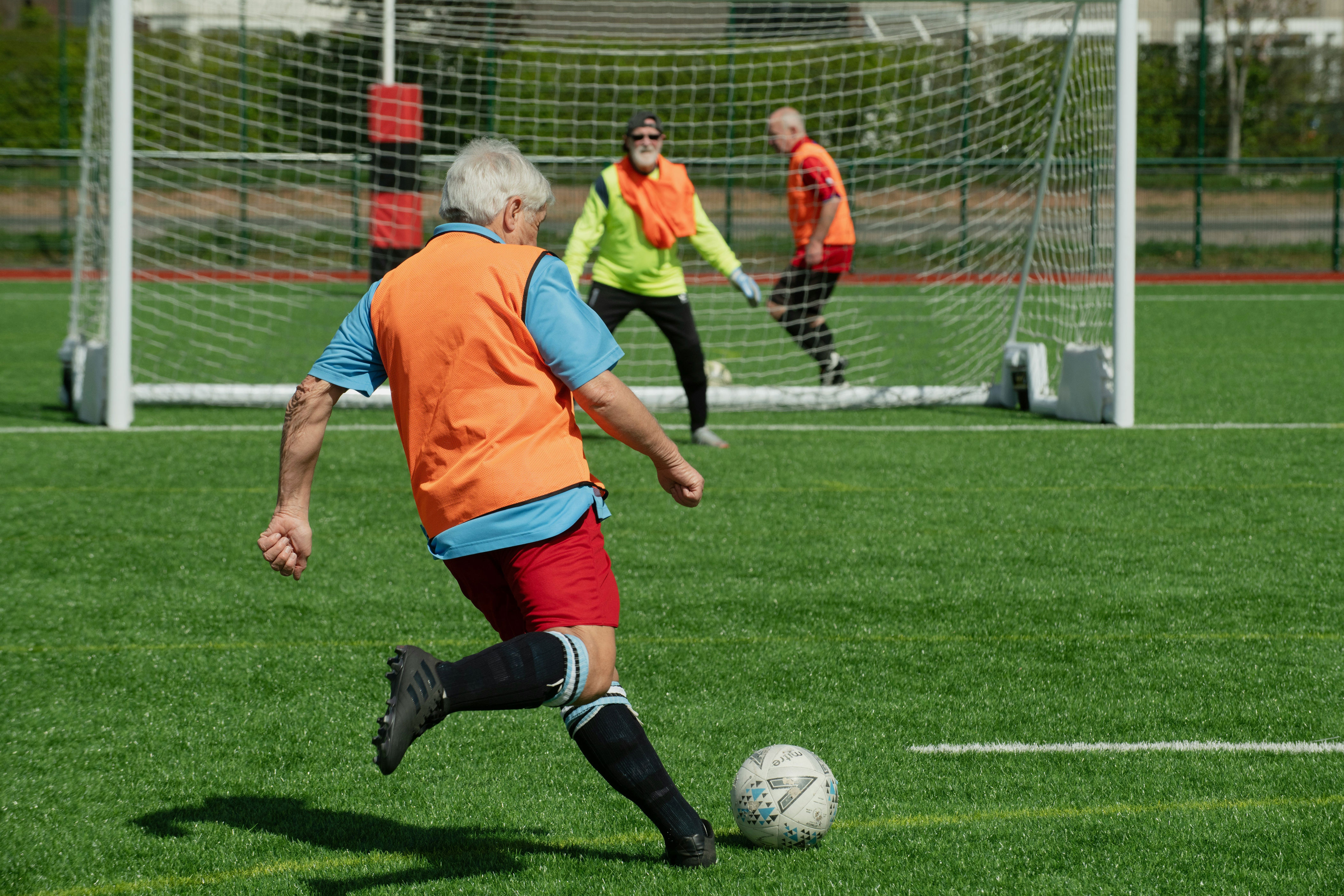Science Reveals 4 Easy Ways to Halt Brain Aging

Lifestyle Changes Can Slow Brain Aging in Older Adults
A recent study has shown that older adults at risk of developing dementia may be able to slow the aging process of their brains by making four key lifestyle changes and sticking to them. The findings come from the U.S. POINTER study, conducted by the Alzheimer’s Association, which tested two different lifestyle interventions on over 2,000 older adults.
The interventions included exercising, following a healthy diet, engaging in brain training, and participating in social activities. One intervention was structured, involving regular peer meetings and coaching, while the other was more self-guided. Both groups saw improvements in memory and cognitive function after a two-year assessment, with the structured group showing greater benefits.
Laura Baker, one of the lead authors of the study and a Professor of Gerontology and Geriatrics, noted that participants achieved cognitive function scores similar to those of people one to two years younger than themselves. This suggests that these lifestyle changes can have a measurable impact on brain health.
Interventions to Slow Brain Aging
Participants in the study were identified as being at risk for cognitive decline or dementia. They were aged between 60 and 79, had sedentary lifestyles, suboptimal diets and heart health, or had a family history of memory impairment. The participants were randomly assigned to one of two groups.
The first group, called STR, followed a “structured lifestyle intervention.” Over two years, they attended 38 meetings and followed a prescribed activity program that included aerobic, resistance, and stretching exercises. They also adhered to a special ‘MIND’ diet, which combines the Mediterranean diet and the DASH diet. Additionally, they participated in cognitive challenges through BrainHQ training and other intellectual and social activities.
The second group, called SG, followed a “self-guided lifestyle intervention.” They attended six team meetings to encourage self-selected lifestyle changes that suited their needs and schedules. Study staff provided general encouragement but not goal-directed coaching.
The study lasted two years, with 89% of participants completing the assessment. Both groups focused on physical exercise, nutrition, cognitive challenge, and social engagement, along with monitoring heart health. However, they differed in terms of intensity, structure, accountability, and support.
While both groups experienced improvements in cognitive scores, the STR group showed the most significant gains. Joanne Pike, president and CEO of the Alzheimer’s Association, emphasized the importance of this study, stating that it reinforces a critical public health message: healthy behaviors have a powerful impact on brain health.
“This is a critical public health opportunity,” Pike said. “The intervention was effective across a broad, representative group—regardless of sex, ethnicity, APOE genetic risk, or heart health status—demonstrating its applicability and scalability for communities across the country.”
Even Small Changes Can Have a Big Impact
Baker highlighted that even modest lifestyle changes can protect the brain. While the study does not claim that these changes can prevent or halt Alzheimer’s disease, researchers believe that improvements in cognition may help delay the onset of dementia, including Alzheimer’s.
Neurologists have previously spoken about the importance of lifestyle changes in preventing dementia. These include managing cholesterol, maintaining eye health, socializing, exercising regularly, and following a healthy diet that includes reducing alcohol consumption.
Heather Snyder, a study author and senior vice president of medical and scientific relations at the Alzheimer’s Association, pointed out that complex diseases like heart disease and cancer often use combination treatment strategies tailored to individual characteristics. She believes that future treatments for Alzheimer’s will likely integrate both drug and non-drug strategies.
“The next generation of treatments for diseases like Alzheimer’s will likely integrate drug and non-drug strategies,” she said. “This latest study provides a strong foundation for such combination approaches.”
However, Snyder also emphasized that the results of the study need to be rolled out carefully to the public, especially those at risk for Alzheimer’s and other diseases that cause dementia. She stressed the importance of tailoring these interventions to local environments and individual needs.
Related Topics
- This Dental Hygiene Step Has Been Linked To Better Heart Health, But 69% Of Us Skip It
- Trump Wants Murdoch Swiftly Deposed Over Epstein Story Because Of Age And Health
- The 5 Signs Ageing Experts Use To Rate Your Odds Of A Healthy, Long Life
Post a Comment for "Science Reveals 4 Easy Ways to Halt Brain Aging"
Post a Comment